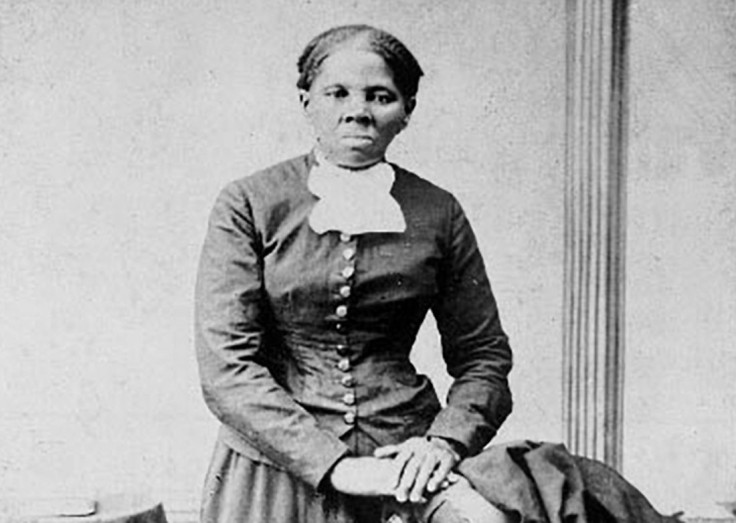Harriet Tubman Birthday: Was Tubman Also A Civil War Hero? More To The Famous Abolitionist Than The Underground Railroad

Like many slaves, Harriet Tubman's birthday is clouded in mystery. Historians believe Tubman, one of the most well-known abolitionists of the 19th century, was born sometime between 1819 and 1822, while her birthday has been designated on Jan. 29.
Born Araminta Ross, Tubman's enduring legacy remains her large role in leading slaves to freedom by guiding them from safehouse to safehouse on the Underground Railroad. But what many may not know about Tubman is that she also was a Civil War hero, working as a spy for the Union.
Prior to her espionage efforts against the Confederacy, Tubman worked as a nurse helping soldiers in Port Royal, South Carolina. It was in these days that she was thought to have openly criticized President Abraham Lincoln for his once-gradual approach to abolishing slavery.
“Master Lincoln, he's a great man, and I am a poor negro; but the negro can tell master Lincoln how to save the money and the young men. He can do it by setting the negro free,” Tubman is quoted as saying in a biography written by Kate Larson.
She was so bold, in fact, that she led a nighttime raid to burn down plantations and free slaves. She scouted out the lay of the land over 25 miles along the Combahee River, which was filled with mines. On the night of June 1, 1963, she quietly led Union troops — many of them African-American — on boats down the river.
The scene wasn’t quiet for long. When slave owners and Confederate soldiers learned of Tubman’s journey, they opened fire at her and her group. But Tubman was still successful in freeing over 700 slaves that night, becoming the first American woman to lead a war raid.
The U.S. government was reluctant to pay for her military service, though. It’s estimated that she earned less than $200 during the war, and she never received a military pension. She only received military benefits through her second husband, Nelson Davis, who was considered the “official” veteran.
Tubman's contributions recently received the acknowledgment of the Treasury Department, which decided last year to replace Andrew Jackson with Tubman on the $20 bill. Her bravery was perhaps best told by her friend and fellow abolitionist Frederick Douglass, who wrote a letter to her in 1868.
“The midnight sky and the silent stars have been the witnesses of your devotion to freedom and of your heroism," the letter read. "Excepting John Brown—of sacred memory—I know of no one who has willingly encountered more perils and hardships to serve our enslaved people than you have.”
© Copyright IBTimes 2024. All rights reserved.






















